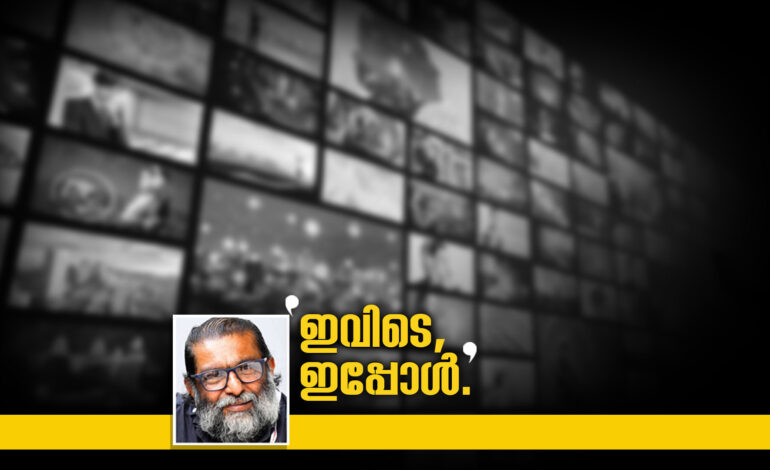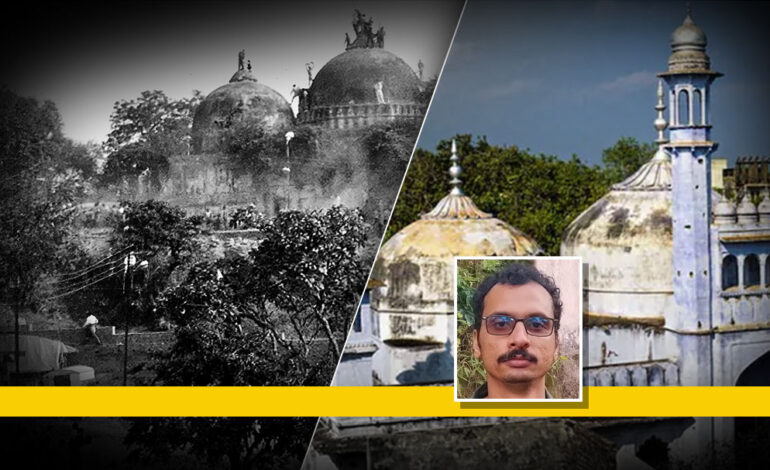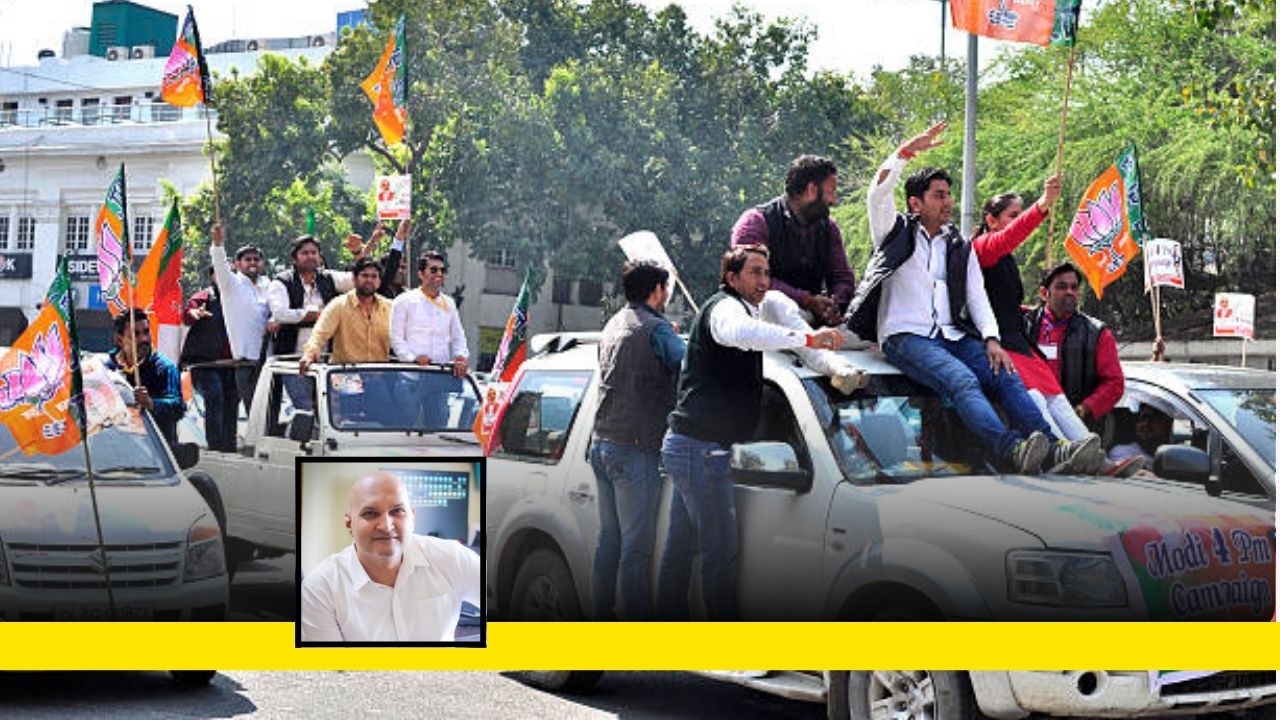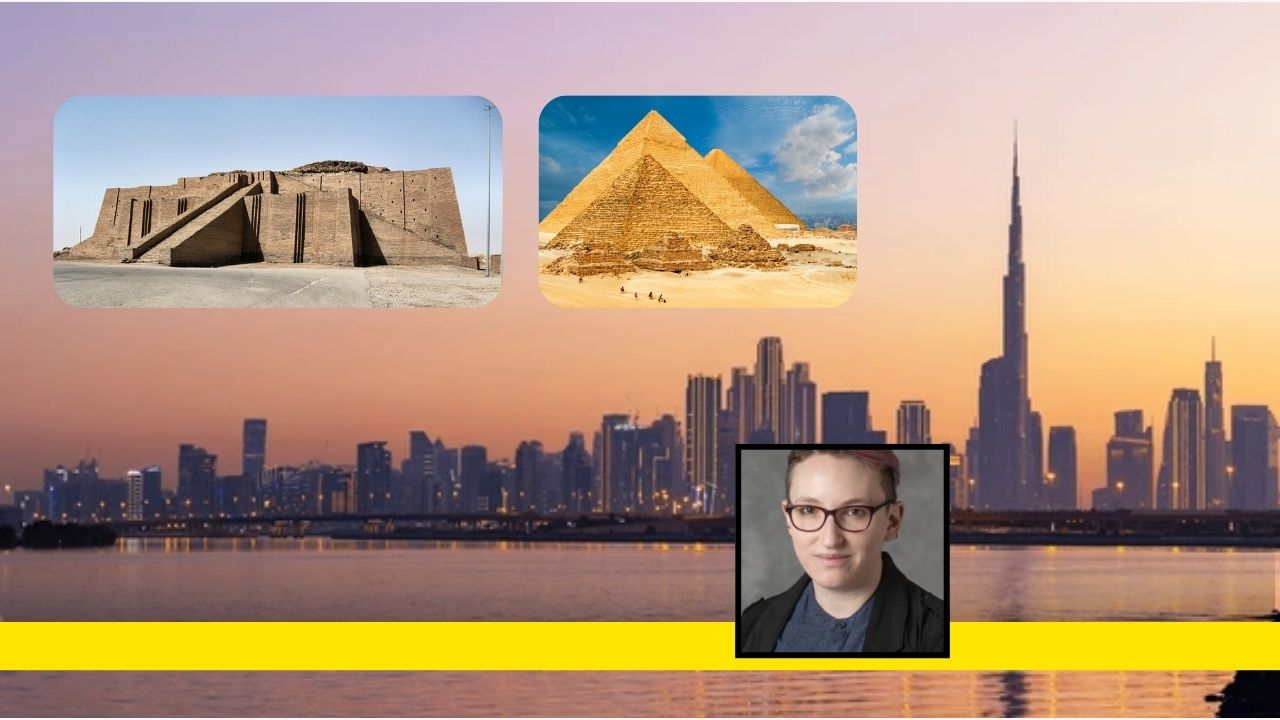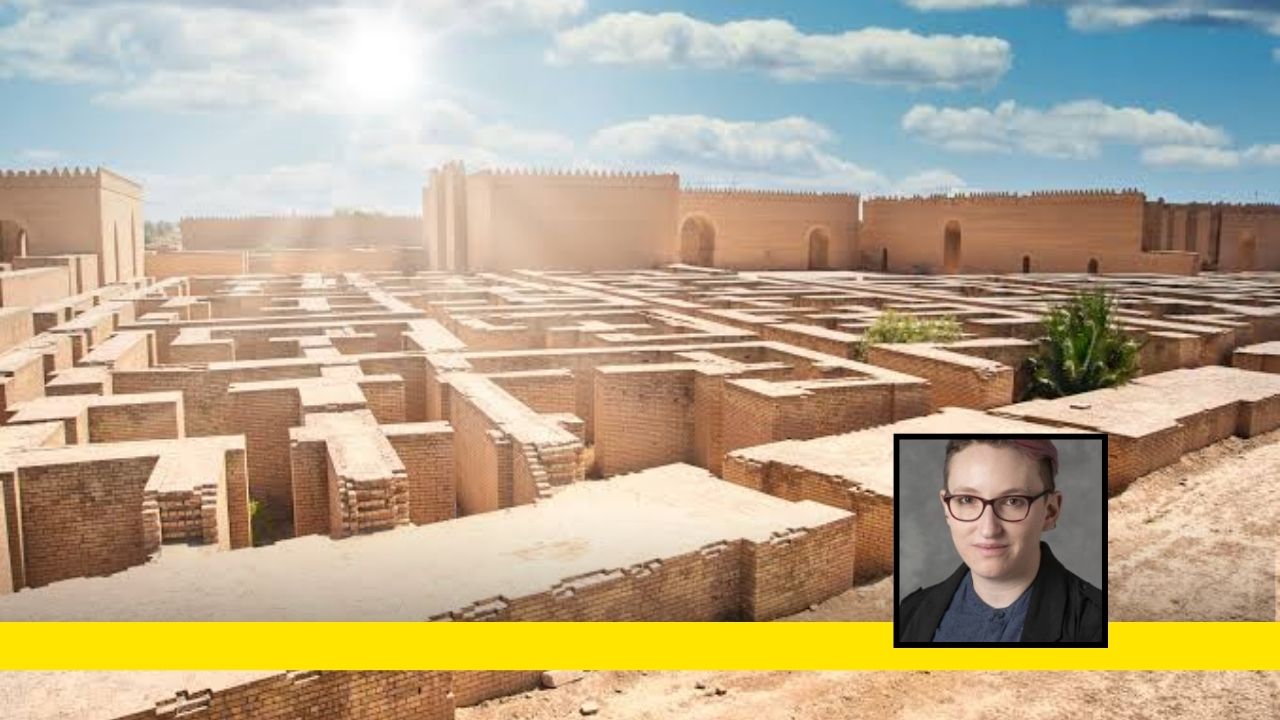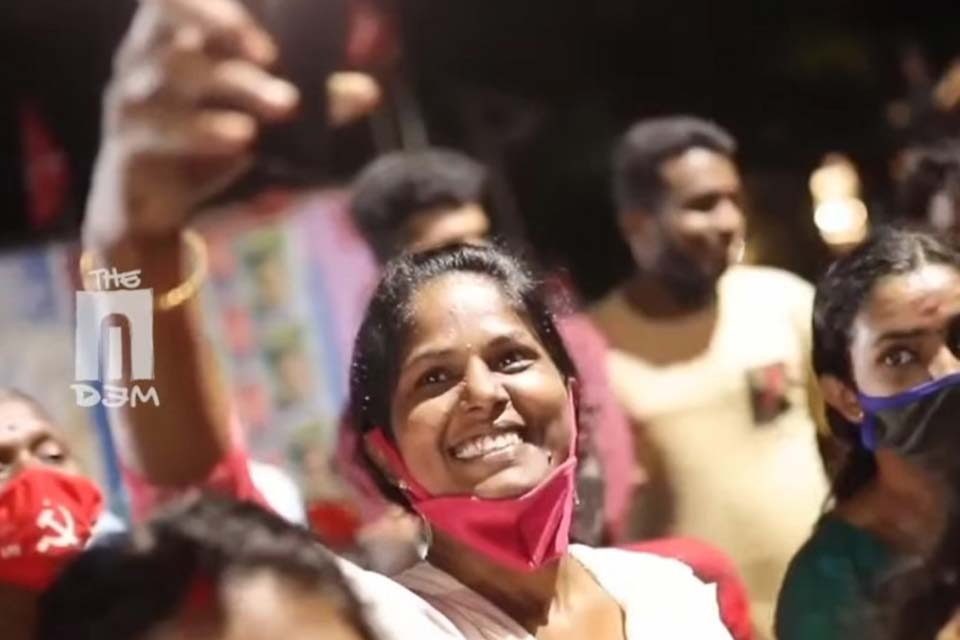Good Riots, Bad Riots
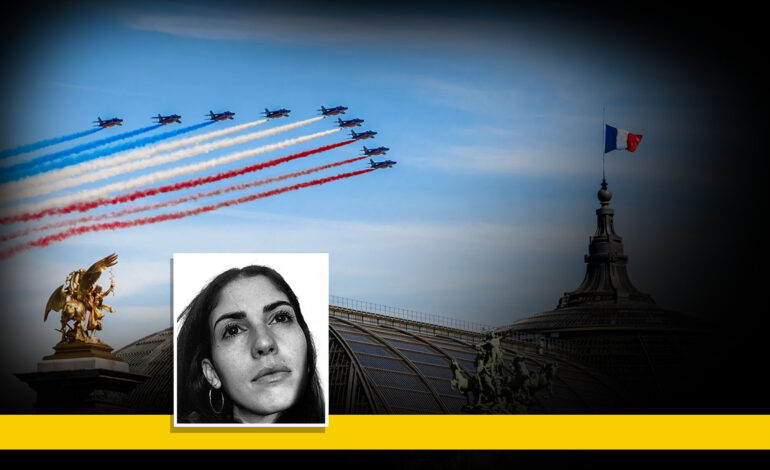
This is a French-Tunisian writer’s reflections on France’s Bastille Day.
People often think about Christmas, Thanksgiving, or other religious holidays as their favourite time of the year. Usually, it involves family, food, and a spirit of communion. For me, it has always been Bastille Day, celebrated on 14 July in France to mark the 1789 storming of the Bastille prison in Paris.
Since I was a child, I remember waiting gingerly for the military parade that would be broadcast live on television. I listened to the presenters sharing their notes, hours of trivia on military schools and units which sounded like gibberish filler to the mesmerising images which drew me most, but I liked it all the same. I often heard fighter jets piercing the sky from our home west of Paris moments before they appeared on TV. Then the ground troops. The horses. The motorcades. The distinctive uniforms of the pioneers of the légion étrangère, with their beards, axes, white gloves, and leather apron.
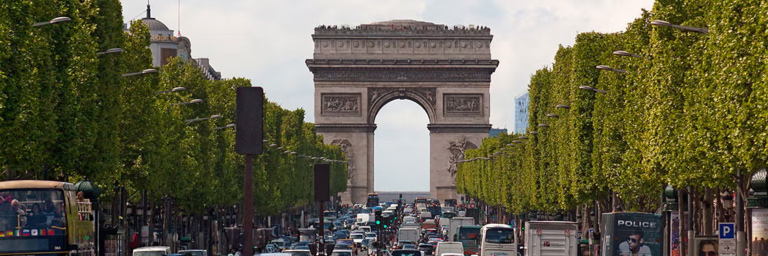
On these images, the Champs Elysées looked mighty, powerful, strong. It was the Paris of history books, luxury brands, and tourists, of De Gaulle and Catherine Deneuve, far from the greyness of the banlieue where I lived. After the military parade, the President addressed the nation. That, too, I would watch religiously, because it became a tradition. And then we would eat.
“Bastille Day,” as it is called in English, was named Fête de la Fédération when French people first celebrated the day in 1790. The name itself underscores a desire and need for unity. It’s always been about concord and cementing common affinities.
During that first celebration, the festivities centred on the union of the King with the new representative assembly, and his people. Given the upheavals of the French Revolution, the rise of Napoleon, the return to monarchy, and various regime changes, Bastille Day has been variously commemorated through time.
Yet it became enshrined, so to speak, when the day was declared a “national day” in 1880. From then on, Bastille Day was to be observed annually in codified festivities that included, for instance, the famed military parade. That year, the Republican motto “Liberty, Equality, Fraternity” was also displayed on all public buildings.
This timing corresponded to an important shift in the way that France would look at itself and negotiate contestations, first as a republican nation, and second, as a colonial empire and postcolonial society. In many ways, official festivities represent a mirror of society, crystallise public image-making, and shape a contemporary mythology that affirms identity.
As such, Bastille Day is not about celebrating a specific political figure or the constitutive differences that make up France. Rather, it is about a homogenous expression of Frenchness in its proud, patriotic display. Two bodies are celebrated: the army and the broader citizenry.
But when people celebrate an aggrandised version of France; they do so on the back of a very historical event that highlights recent contradictions. The storming of the Bastille was brutal and deadly; witnesses reported instances of cannibalism and vile desecration of bodies. It shocked and marked an acceleration of the revolution, which by now, the king had ruefully underestimated. Because of this violence, the celebration of that day hasn’t always been consensual. The politicisation of the French Revolution meant that the memory of Bastille Day was often pulled between two camps and two diverging historical narratives—the monarchists and the republicans.
But in the collective psyche today, the storming of the Bastille has melded with France’s political emancipation as these earlier dichotomies no longer take hold. It is a “good riot,” a turning point that upholds noble values of resistance and courage as well as embodies a fight for an honourable cause. The rioters of summer 1789 considered that the revolution was in danger. They wanted to seize gunpowder and weapons to protect it and stormed the Bastille, a medieval fortress that symbolized arbitrary arrests and tyranny.
The event elevated the notions of sacrifices and personal integrity. On that day, I can’t help but think of other moments of grief when the celebrations turned to horror, such as the Bastille Day of 1953, when a peaceful march for the independence of Algeria was disrupted by the police. Seven people were killed, among whom Algerian nationalists and a labour unionist. Most people have forgotten it but they remember Bastille Day, 2016, when a terrorist drove a cargo truck into the crowd in Nice, killing more than 80 people.
The recognition of the storming of the Bastille as a good riot for more than 140 years contrasts with what French political elites have characterised as bad riots, a negative qualifier often assigned to riots led or involving Arabs and Africans. I watched, helplessly, the footage of 17-year-old Nahel Marzouk, killed at point-blank range by a policeman on June 27. He looked like a brother, a cousin. Like him, I hail from North Africa. Like him, I’ve lived in a differentiated space where my face allows the police to racially profile me.
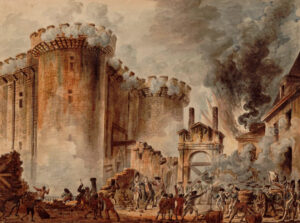
Young men like Nahel are “killable,” a term used by French sociologist Kaoutar Harchi. Their ardour must be tamed. Unlike the depreciated non-white masculinities, my female body descends from 19th-century odalisque Orientalist paintings—servile, seductive, worth sexually conquering. My face will never be Marianne, the bust that personifies chaste France, the portrait of the goddess of Liberty.
Following Nahel’s killing, youth from low-income estates protested police brutality. Although statistics on race are not allowed in colour-blind France, the police ID-checks people passing as Arabs and Blacks disproportionally more than the rest of the population. Seventeen people die every year in police custody or during arrest in France, a figure higher than its neighbouring countries.
Over several days then, youth vandalised property, looted, and confronted the police in tense exchanges that erupted like wildfire throughout France. Quickly, the questions of who (Arabs and Africans) and what (illegitimate violence) supplanted why (decades of racial discrimination, targeted police checks, humiliations, and broken social ladder). The main police union described the rioters, who are overwhelming French citizens despite being extraneously labelled as migrants or descendants of migrants, as “hordes of savages.”
What these young people denounced in their raw expression is a two-tiered reality. They rejected the growing fracture between French people for whom the words Liberty, Equality, and Fraternity correspond to a daily exigency, and themselves, for whom the same words represent empty and broken promises. The lack of belonging they have encountered also stems from France’s refusal to embrace a multicultural, postcolonial trajectory that would love all its children equally, without questioning the Frenchness of some.
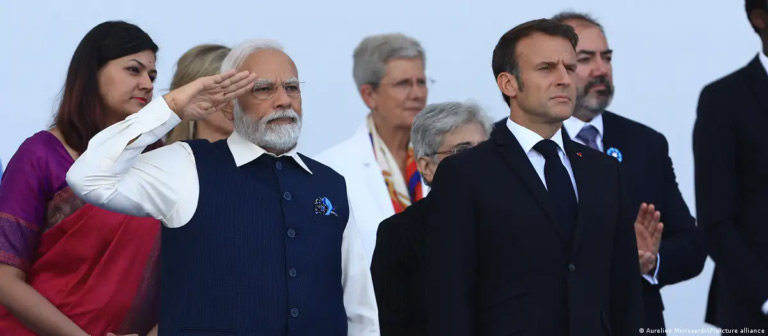
As this year’s celebration unfolds, I feel a growing sense of dissociation. I watch the armed forces parade with their ready-to-buy military equipment, people being arrested for booing the president, and the theatrical accolades of our president with Narendra Modi. A fundraiser for the family of the policeman involved in Nahel’s killing has reached over EUR 1.6 million. Many people see this as a booty, a reward for killing an Arab boy.
Sometimes, I wonder if we are returning to two camps when the elites accuse minorities of being “separatists” when they point out to shortcomings in the social contract or when they want to live their faith unimpeded. Issues of systemic racism are still ignored and minimised. Justice and equity ring as urgently in 1789 as they do today, but this Bastille Day tells me that some riots are more legitimate than others because some voices are more valid and valued than others. My favourite holiday is a flawed one I realise. France’s mirror needs to be repaired—urgently.


